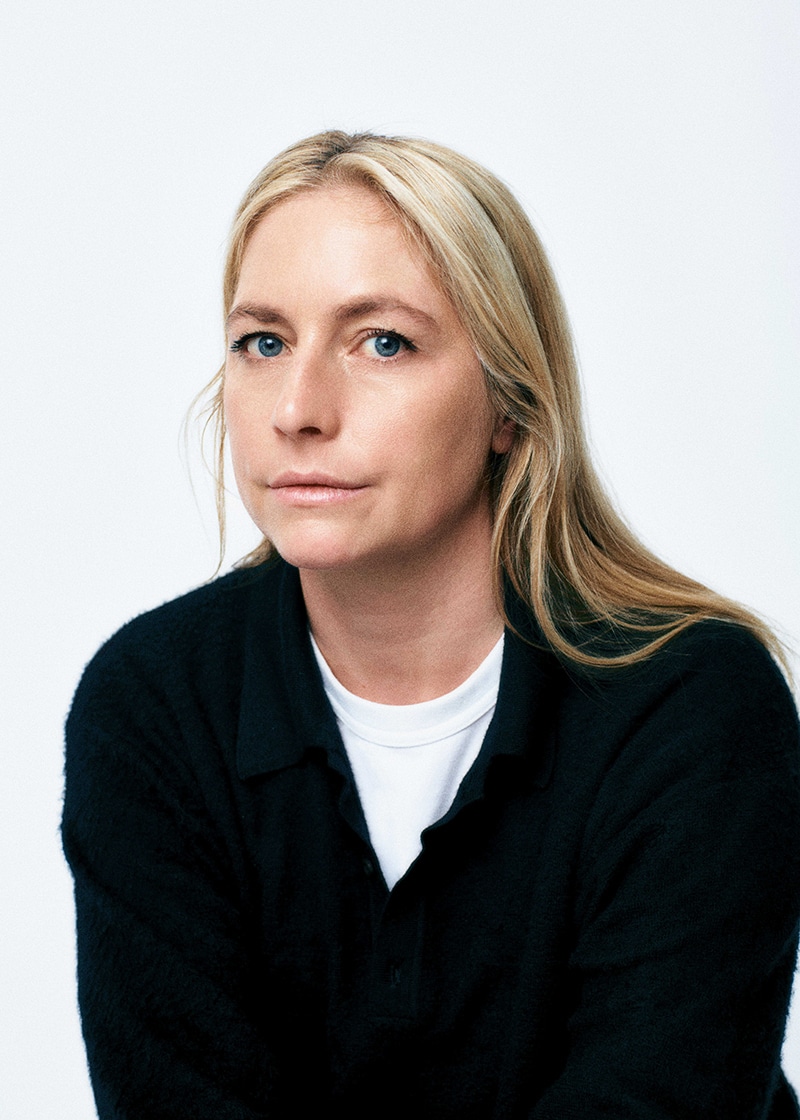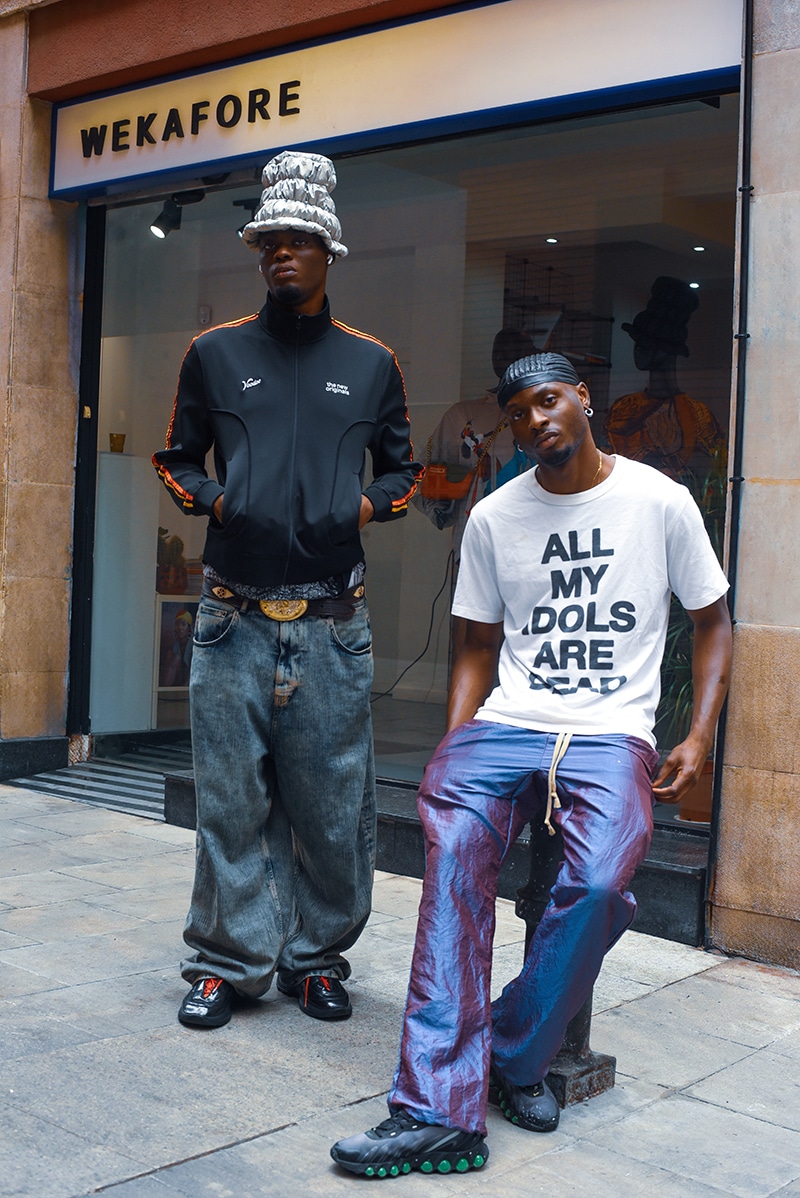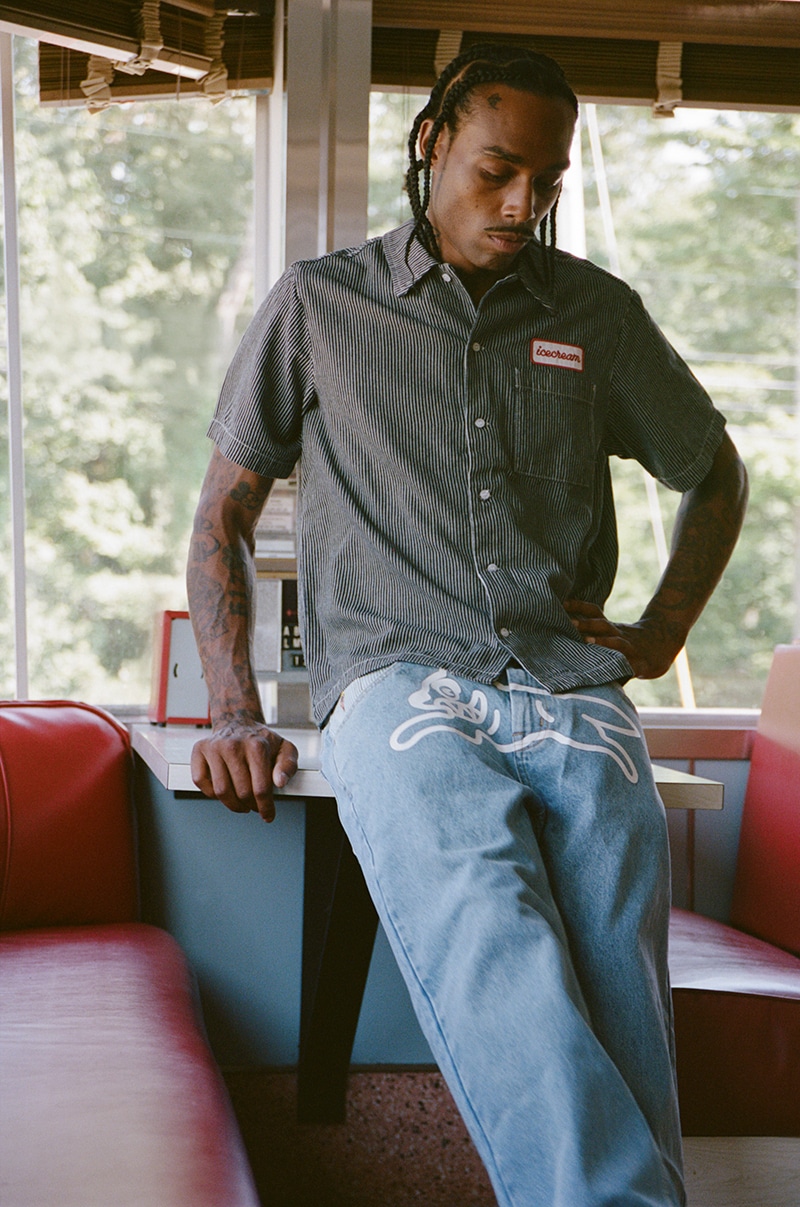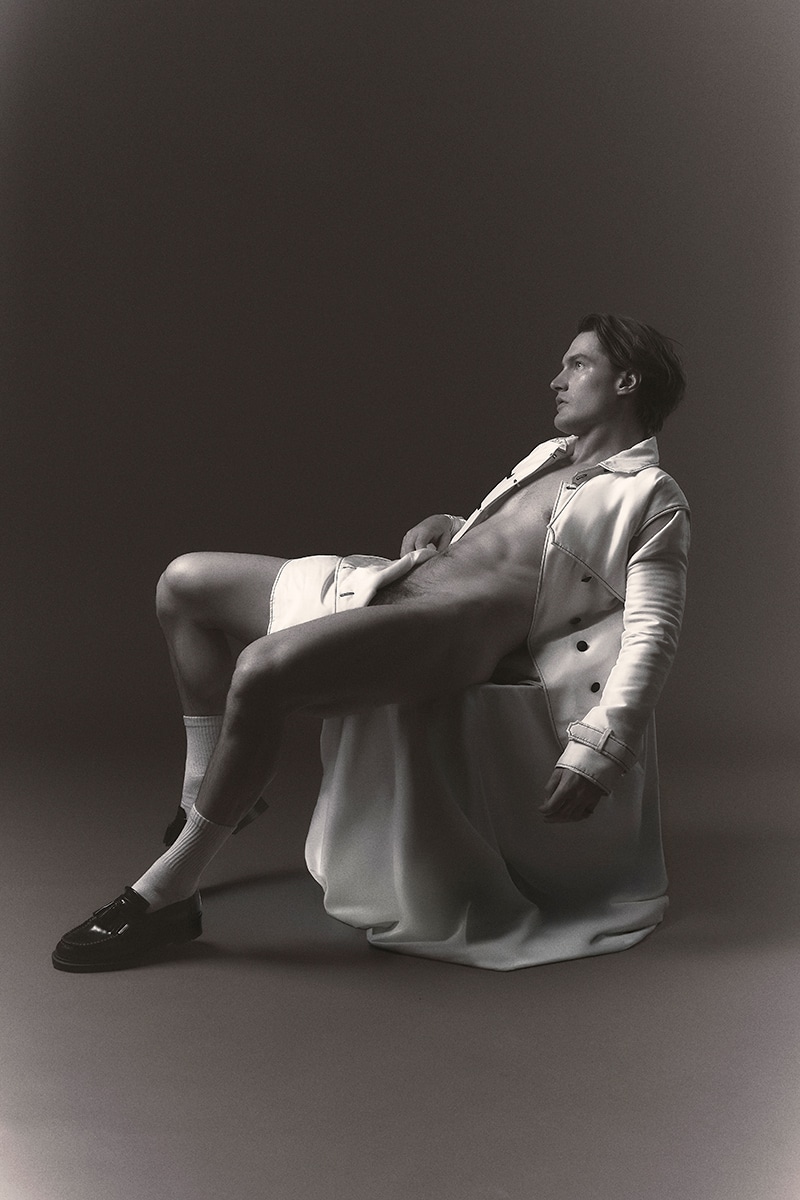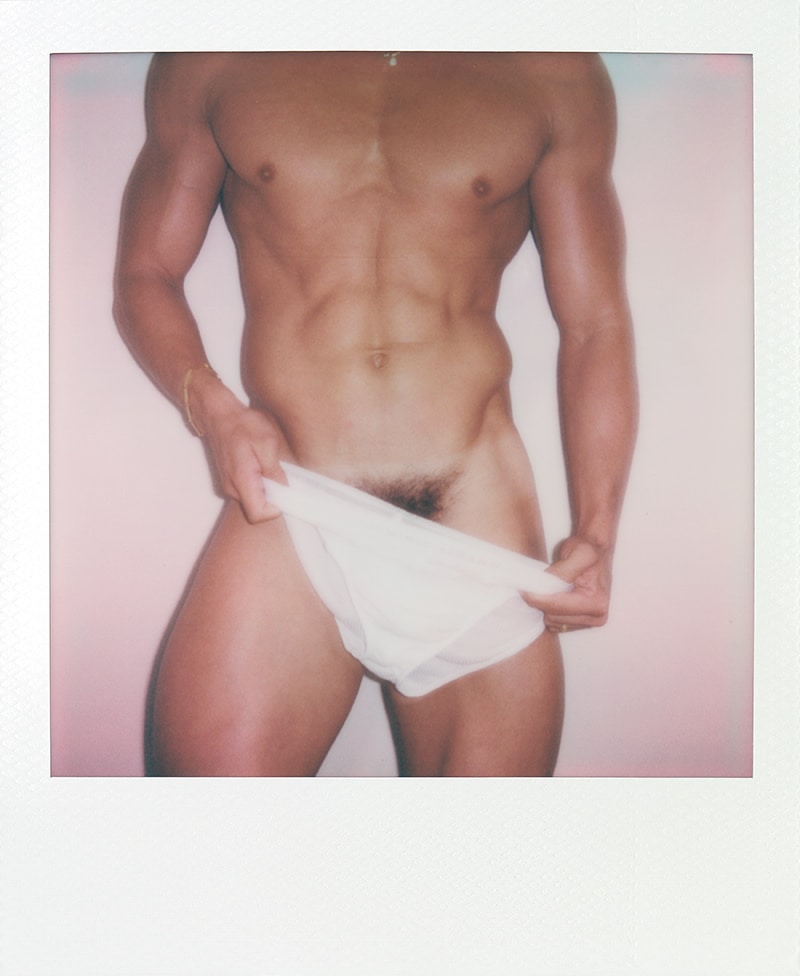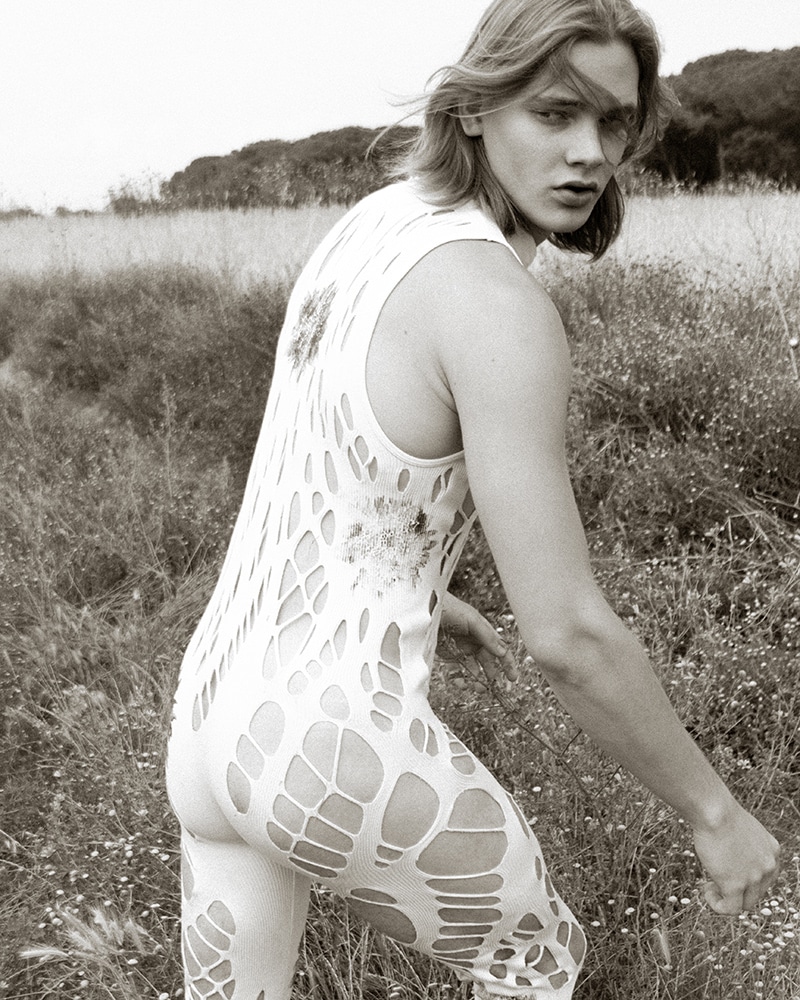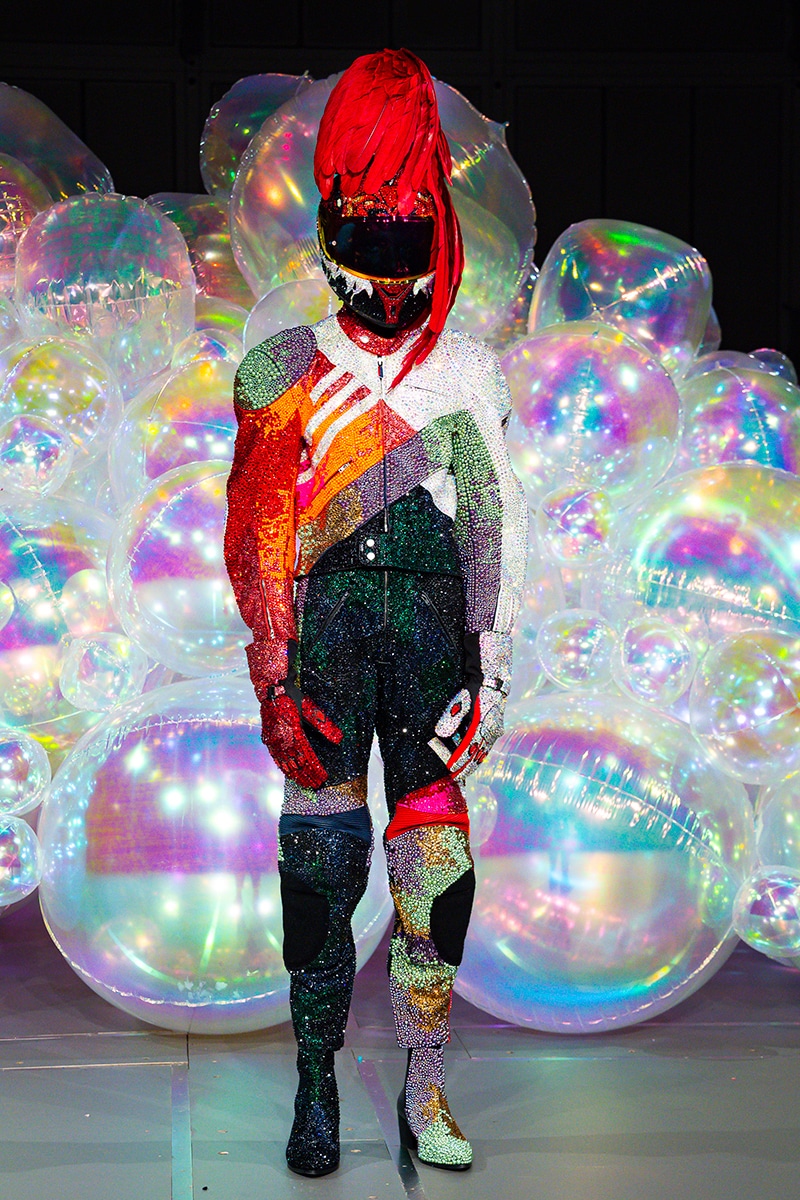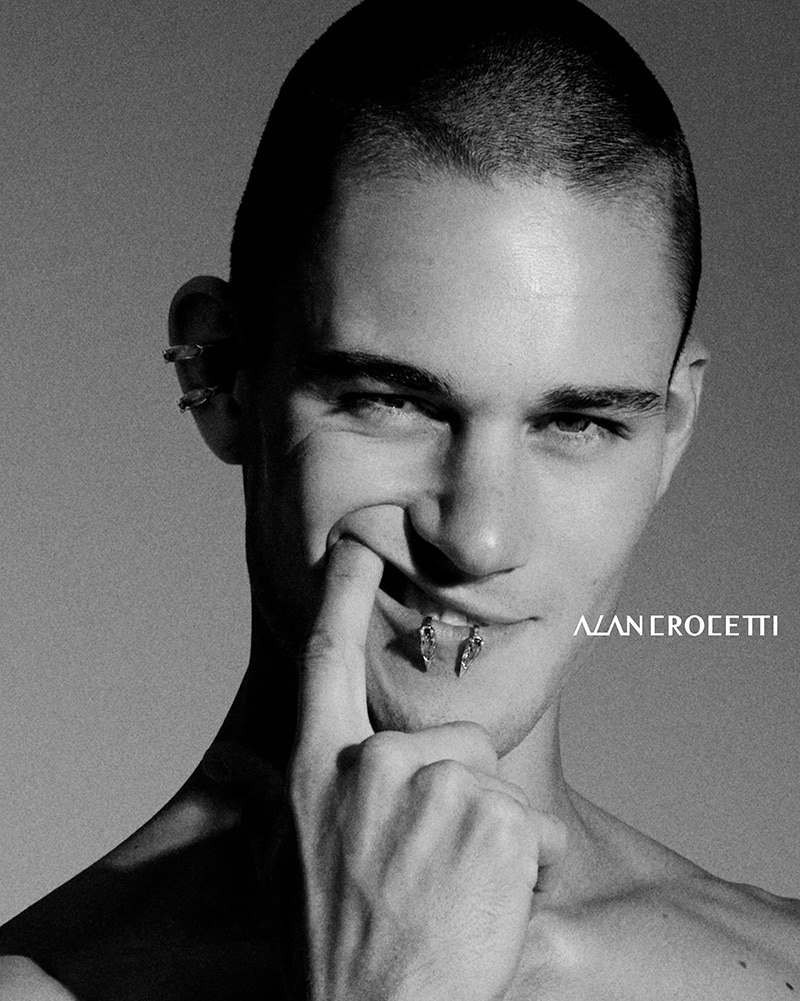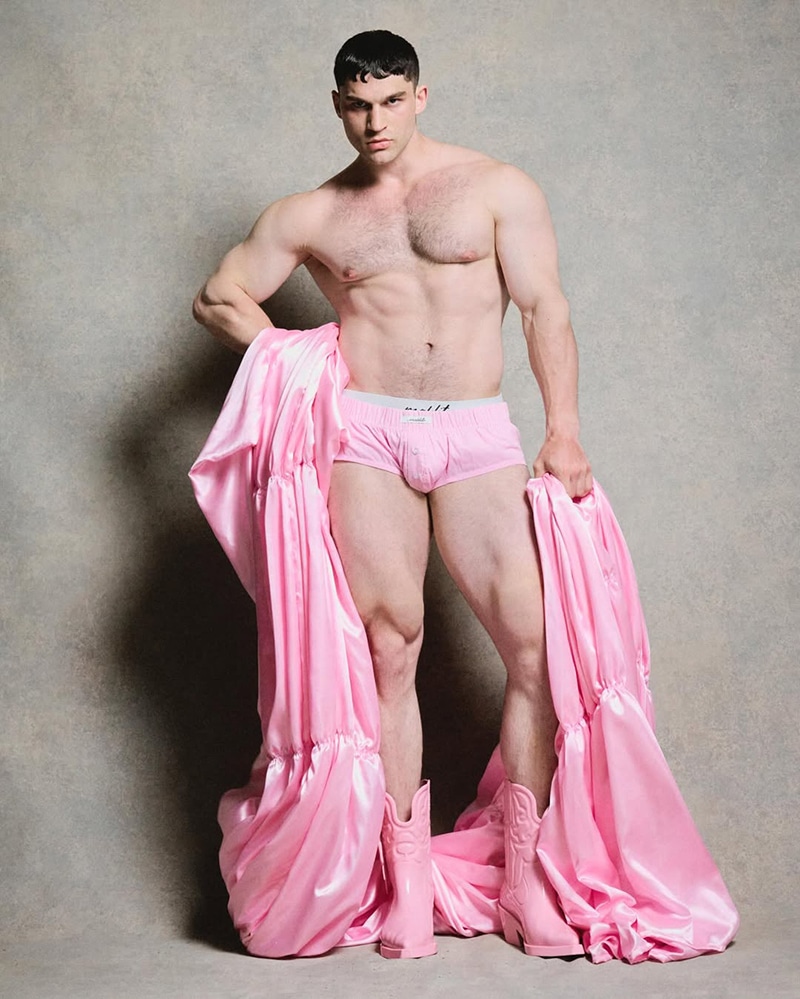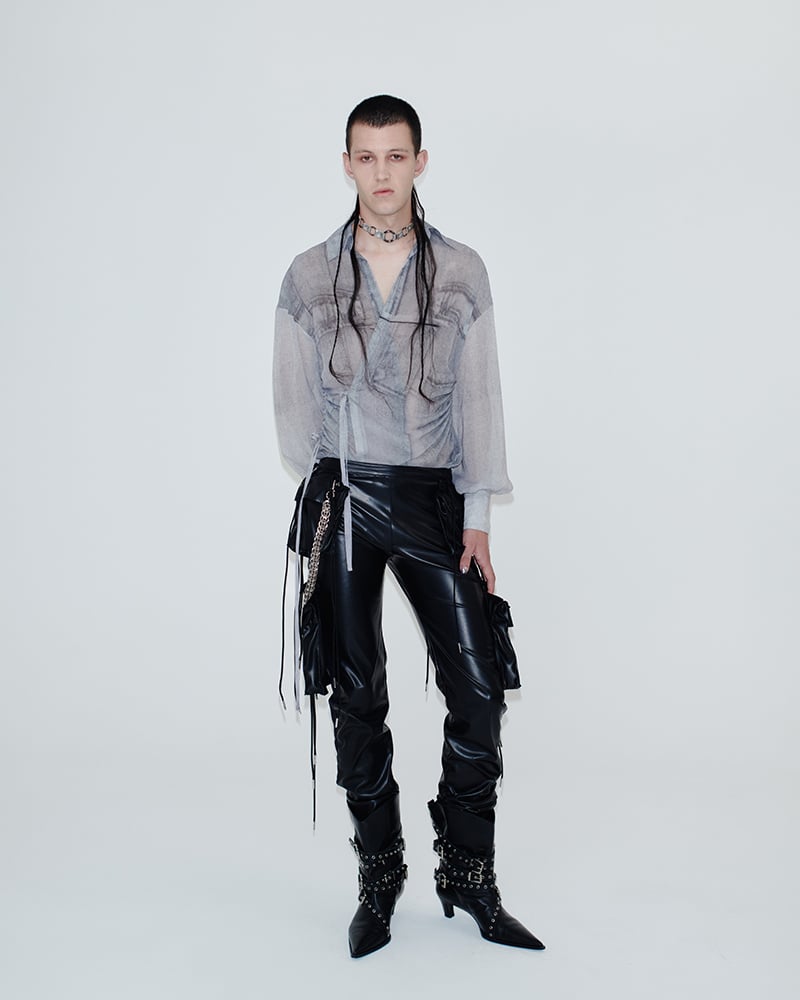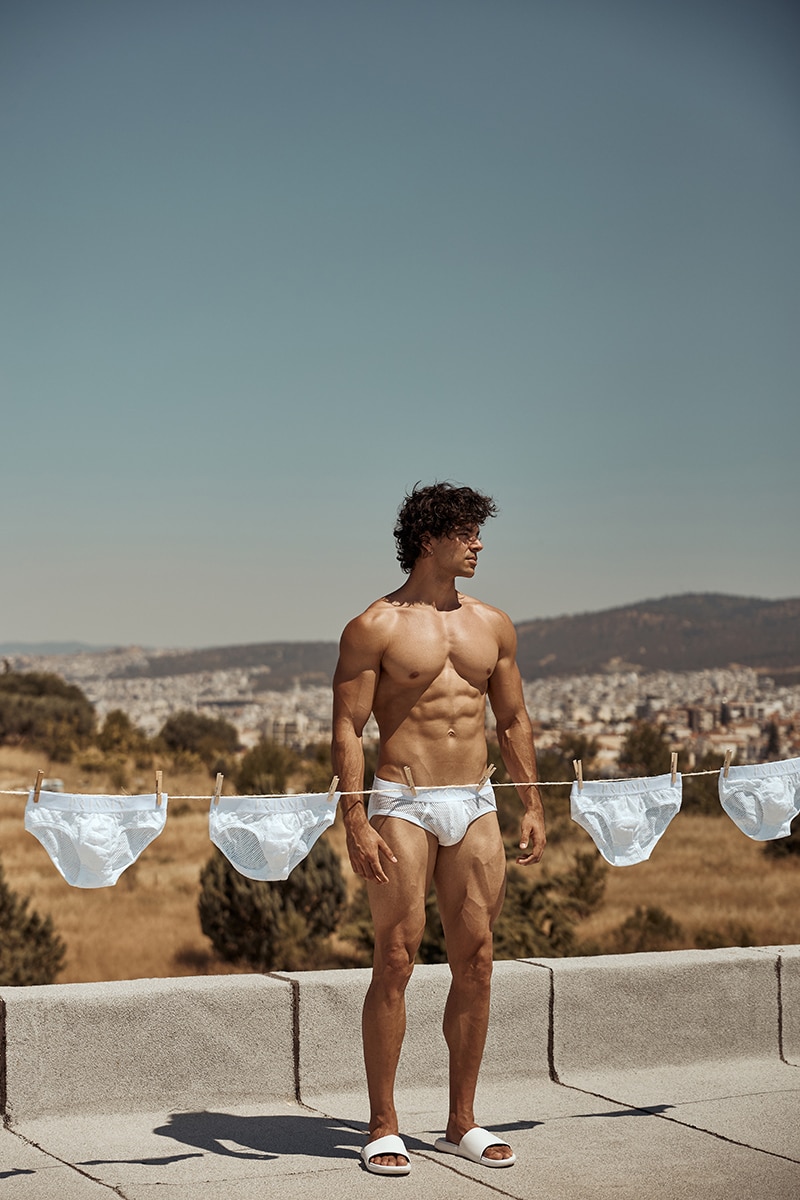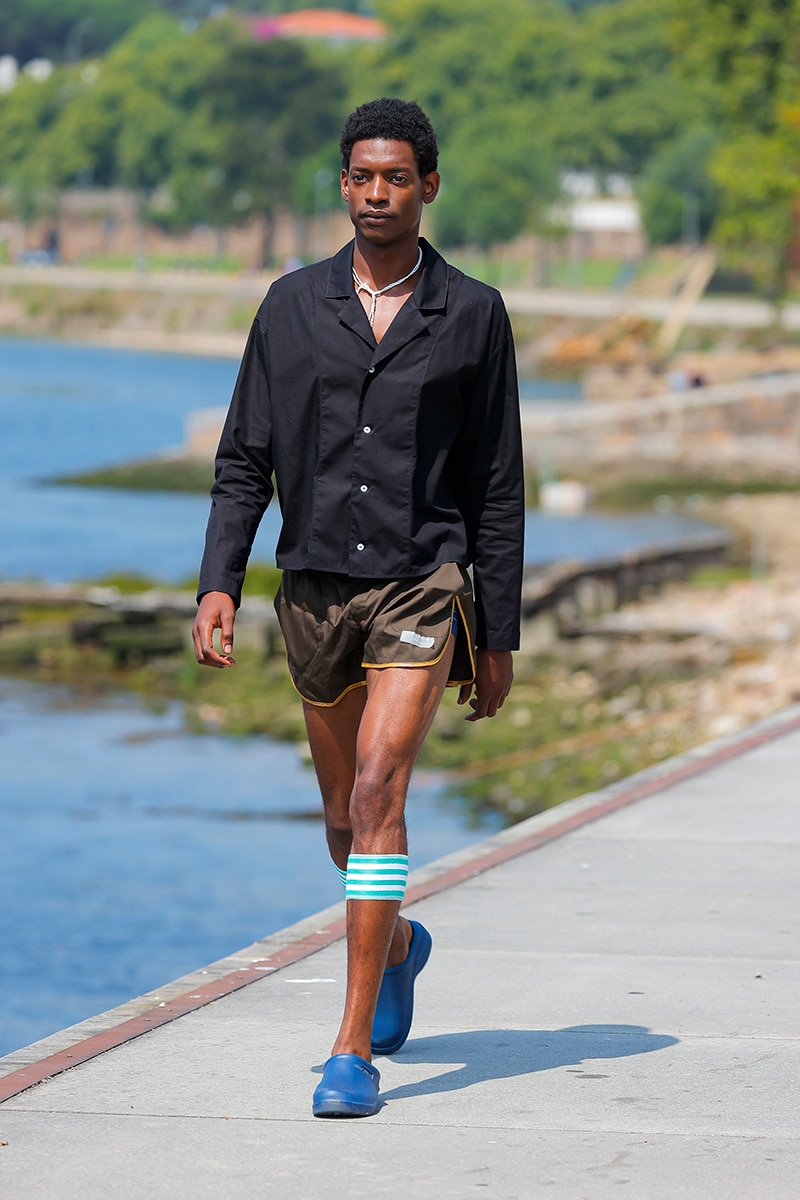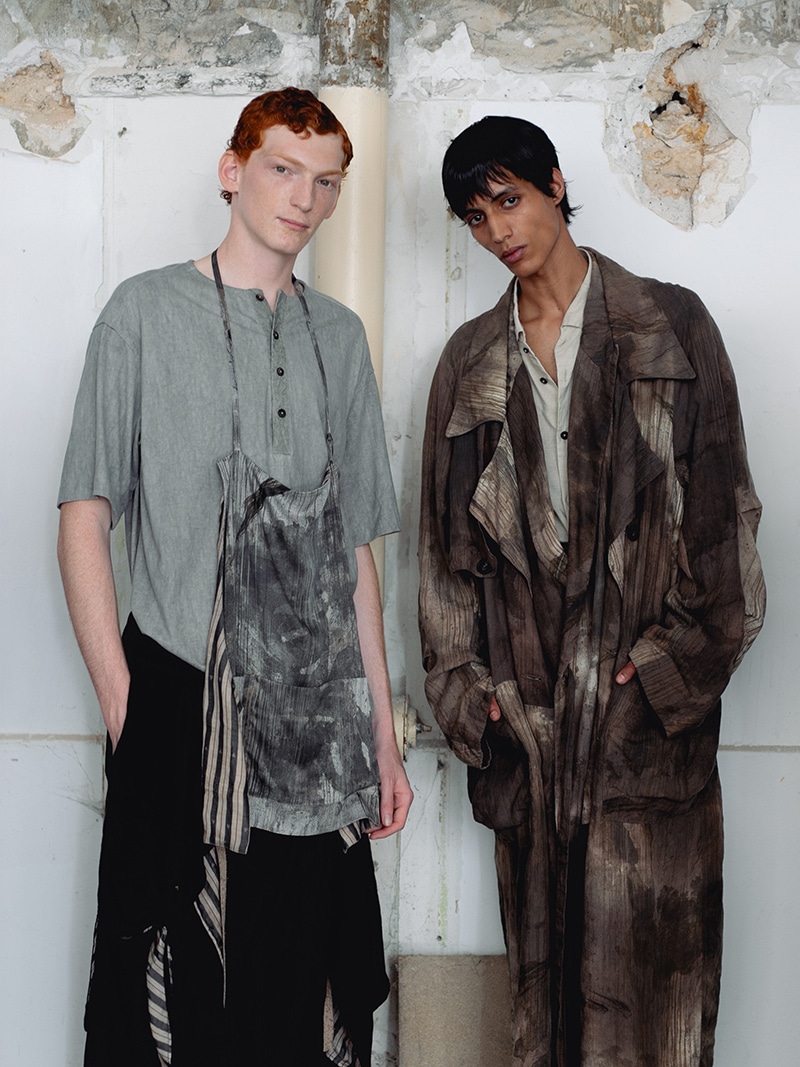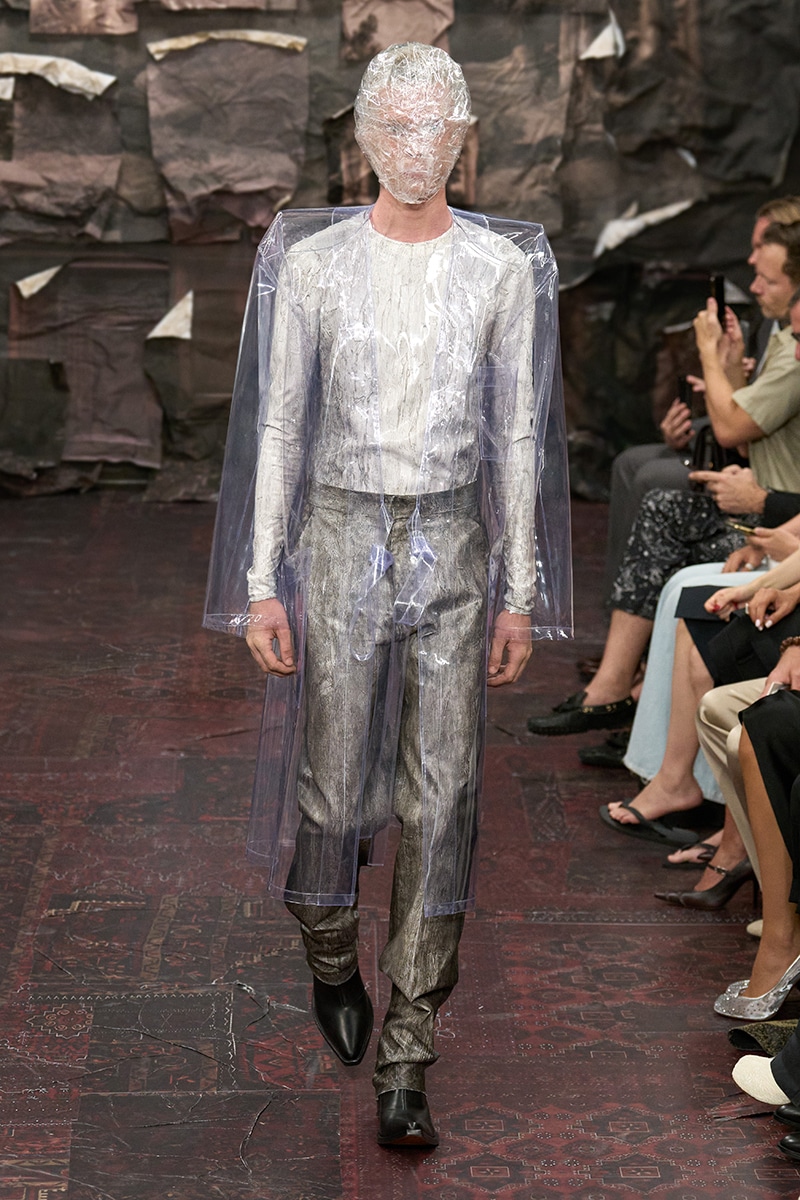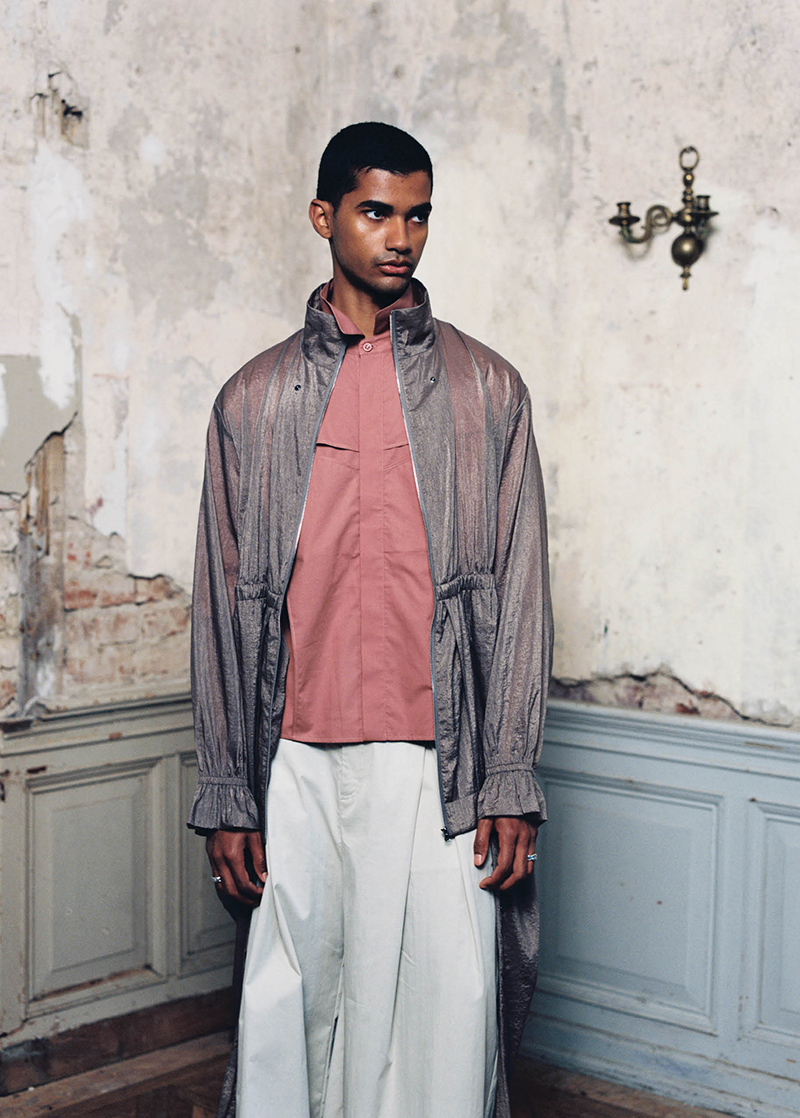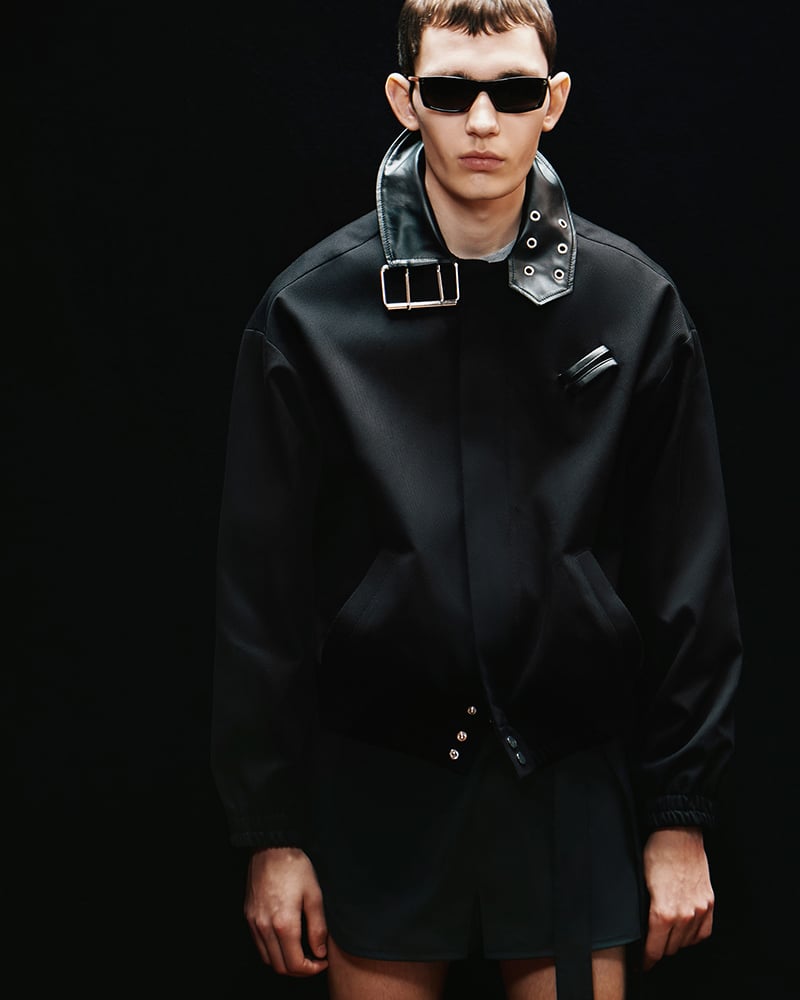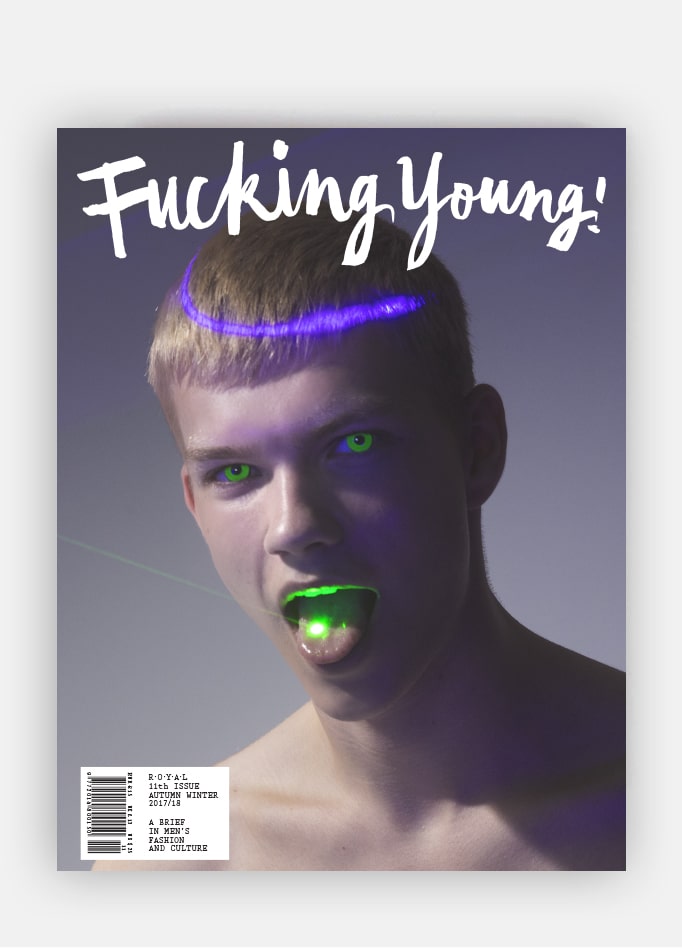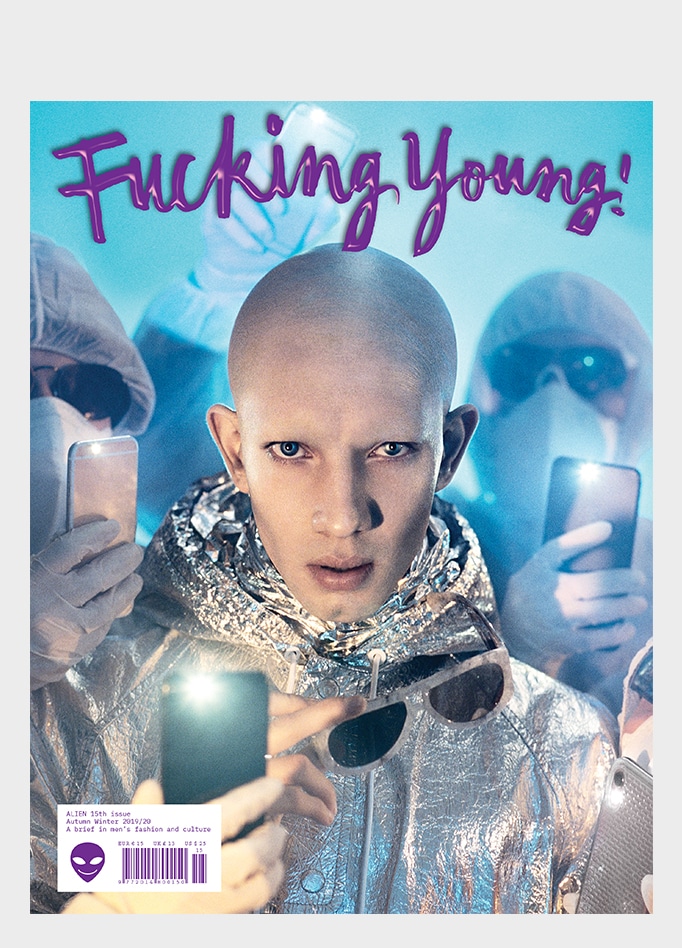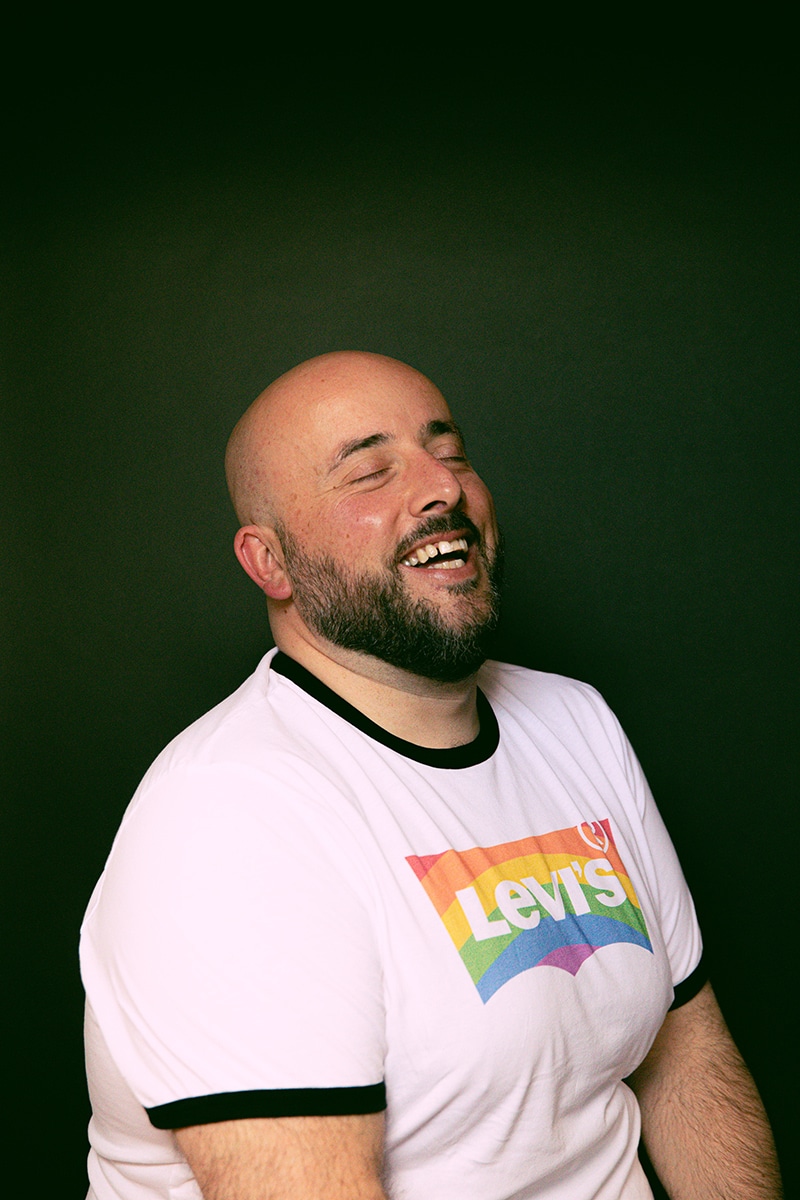
Tomás Loyola (It Gets Better España)
Focused on creating visibility for the gay community and providing groundbreaking advocacy measures to society with an aim to shift attitudes around homosexuality and gender biases, Tomás Loyola continues to build on the foundations for the Spanish LGBTIQ+ population and far beyond. And it works. “Things change because the demands we make, and the ways of demonstrating are also approached differently,” comments Loyola. “That doesn’t mean that it’s good or bad, it’s just the way it is.” Ahead of Pride celebrations ringing out around the world, we caught up with It Gets Better España’s President Tomás Loyola for a discussion on internationalizing equality, the evolution of Pride, and the real-time activism.
Levi’s is a huge supporter of Pride, but there are quite a lot of big companies that still aren’t doing enough – or perhaps even worse, anything – for their LGBTIQ+ community. As President of It Gets Better España, do you think that these companies have a social responsibility to support pride?
Yes, they do indeed have a responsibility. First, towards the people working in their organization. Also, to the community of people they serve and their customers. Companies should have already understood the value of diversity within their internal structures and how important it is for them to socially position themselves in favour of human rights and respect. It’s not only a question of supporting Pride as a specific action on a particular date but also of incorporating a permanent equality and diversity plan as part of a company’s internal and external activities, offering constant support.
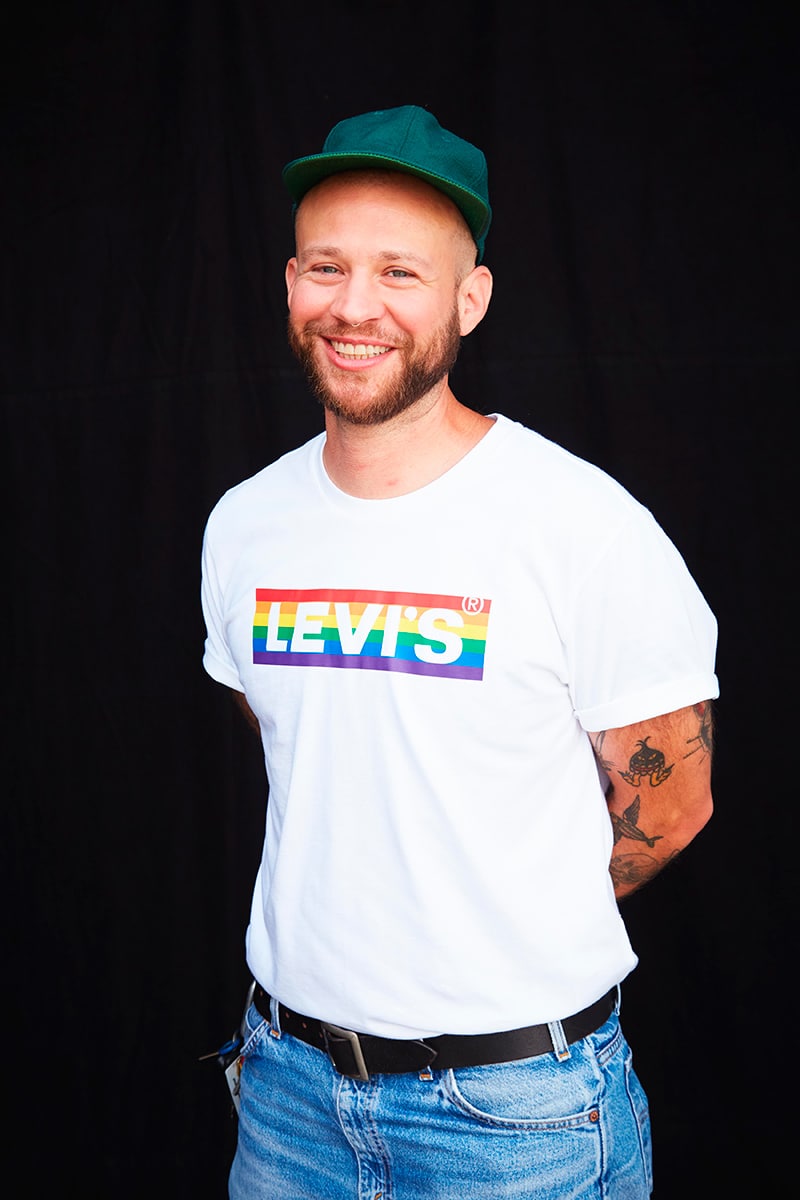
Levi’s PRIDE 2020 Collection
Do you think if all of these companies actively pushed LGBTIQ+ equality, there would be a greater opportunity to induce social change?
Social change will take place faster and more intensely the more organizations are engaged. I insist, nevertheless, that this must be a real, deep-seated commitment that is permanent and active, designed according to the demand and needs required by the promotion and defense of diversity.
Tomás, guide us through the thought process behind Levi’s and your association’s latest collection.
Levi’s, in its ongoing commitment to the LGBTIQ+ collective for the past decades, wanted to promote the importance of visibility and references in all spheres this year. Use your voice perfectly summarises their intention to empower people to become first-person narrators of their experiences and to actively commit to using their voice to foster progress and, in this way, have a positive impact across their communities in a way that extends to other spheres.
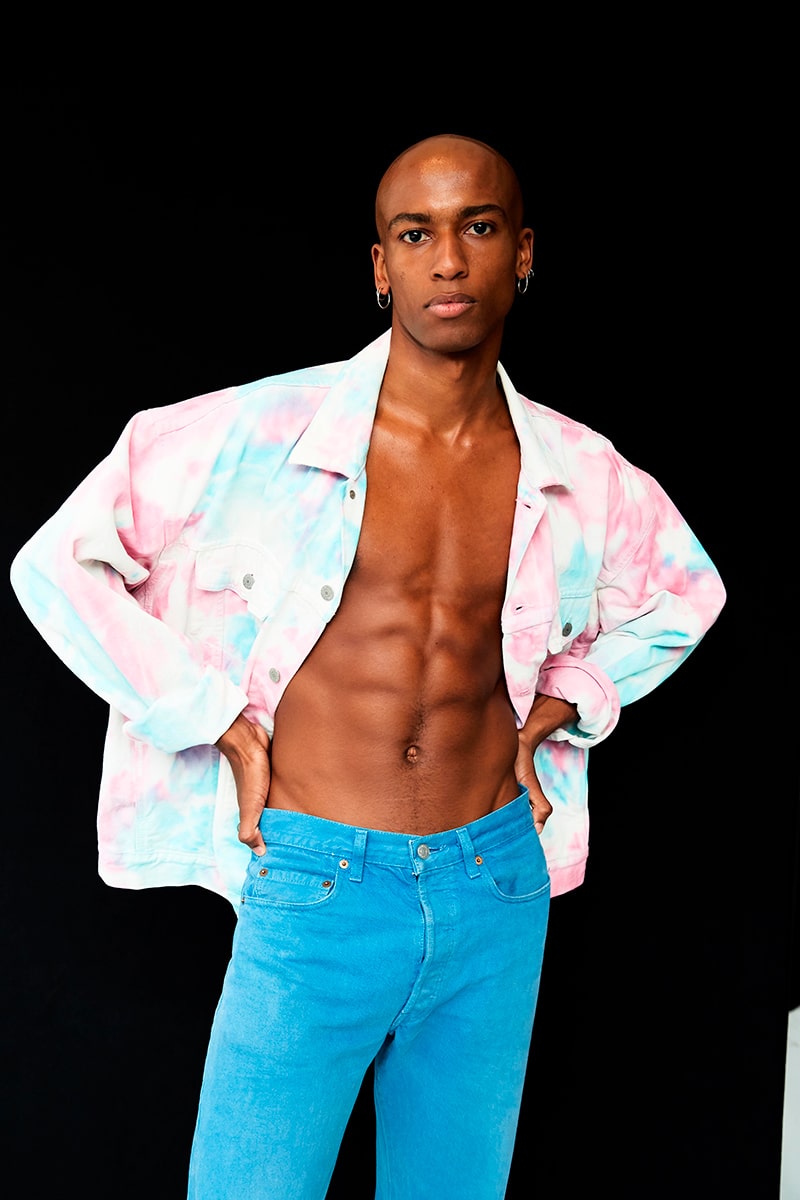
Levi’s PRIDE 2020 Collection
What was the key message you were keen on expressing?
Well, as I said: encouraging people who fight for equality and who defend the rights of the LGBTIQ+ collective to become speakers, to become even more visible and to make the most of opportunities to amplify the effect of their messages and actions. It is an open invitation for them to become drivers of the changes required to reach fuller equality, to showcase more invisible diversities, and most of all, for us to conquer the advances we are fighting for together.
How do you think Pride has evolved over the years?
Like any other festive or activist celebration, Pride has evolved. That’s what’s happened. Things change because of the demands we make, and the ways of demonstrating are also approached differently. That doesn’t mean that it’s good or bad, it’s just the way it is. Though, it is still important to remember the origin of this event and to keep the combative spirit alive to demand equal opportunities and all other fights that have become and will become part of it in the future. Right now, at least in Madrid, Pride is a social party. However, it is also an activist demonstration that, beyond the lights and the music, has a historical responsibility we cannot forget about.
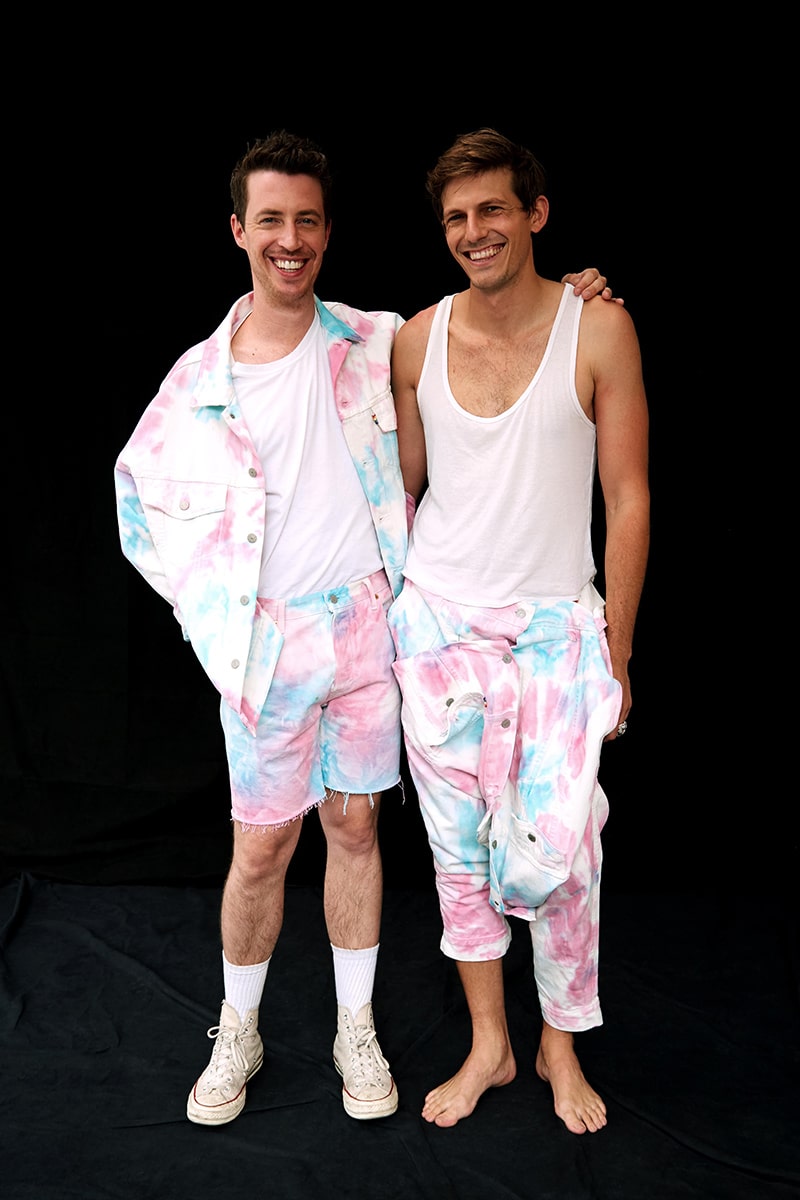
Levi’s PRIDE 2020 Collection
Speaking about Pride in Spain, some consider it to be more of a celebration rather than a march these days, but there are still signs of inequality in Spain. One of the things that stands out to me is how the UK has been trying to fight PrEP. Do you think that the LBGTIQ+ community should be using Pride to speak up about those issues that are still apparent rather than using it as a celebration?
Pride, all other dates to raise awareness on diversity and all other spaces where this opportunity arises, must become moments where we can defend what is important to us: eradicating bullying, our freedom, equal rights, full social and legal recognition, respect, health and prevention, assistance and care, the welcoming of migration, safety, etc. This isn’t at odds with the playful celebration and other forms of expression. I think both demonstrations are complementary and can go hand in hand. As I said earlier, Pride is a party and a historical vindication that must be consistent with all current struggles.
On a more positive note, what do you think the most amazing thing about Pride is?
The best thing about Pride is the possibility of feeling part of a community, a collective. Despite the many differences that could separate us in theory, in practice we become much more visible and have more power when we work together. When you see the wave of people marching and all the people supporting from the margins, you realize that our fight is yours, mine, and many people’s. For me at least, it’s a rush of energy that helps me continue volunteering every day.
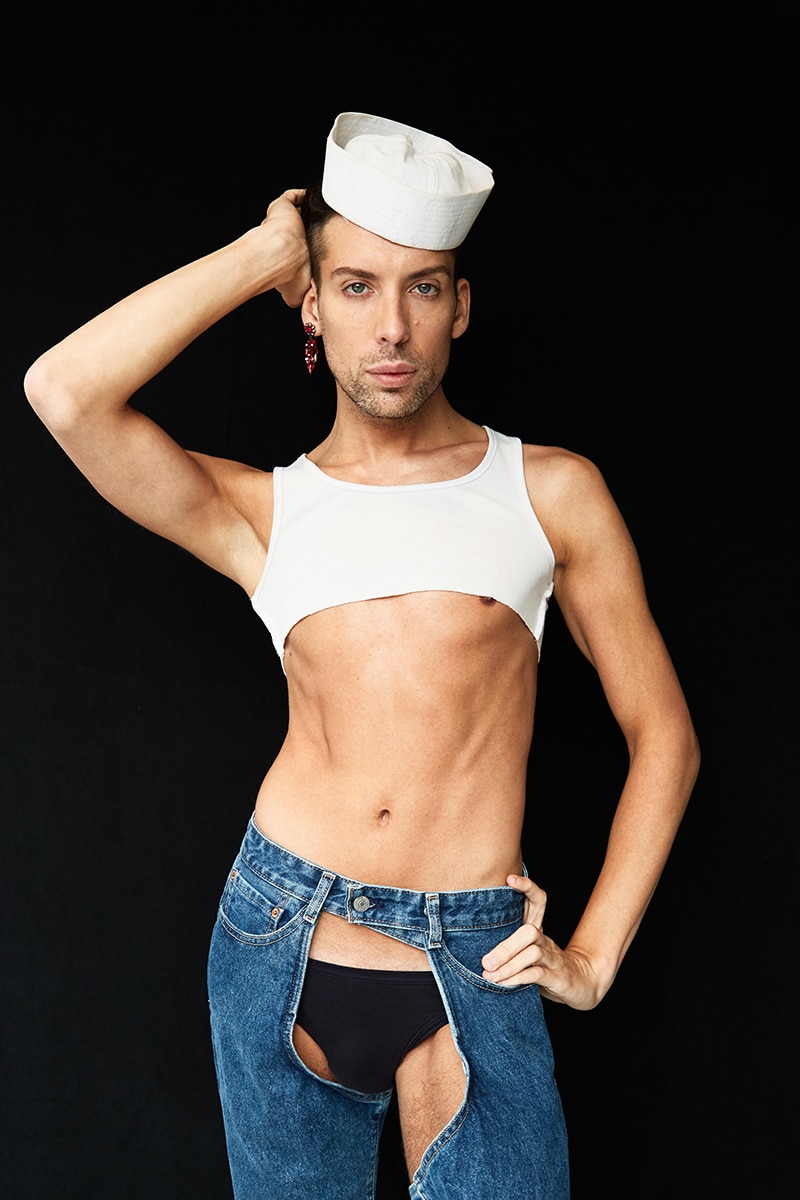
Levi’s PRIDE 2020 Collection
Obviously recent activism put a huge mark on the LGBTIQ+ community, but what is the mark that you want to leave behind?
I personally hope to contribute everything in my power to improve the situation of the thousands of people who are part of the LGBTIQ+ collective, from It Gets Better España and alongside as many organizations as possible: NGOs, State organizations, governments, companies, brands, media, etc. What I’m looking for, at the end of the day, is to foster our working together to be stronger and to make strides so that no one can even consider taking away the rights we have already achieved. The end result must be positive, with an adding or multiplying effect. Anything else should be cast aside. Divisions don’t work in our favor as a collective and can open the door to phobias and quarrels that make us lose our focus on our essential targets: equality, visibility, and a respect for diversity.

